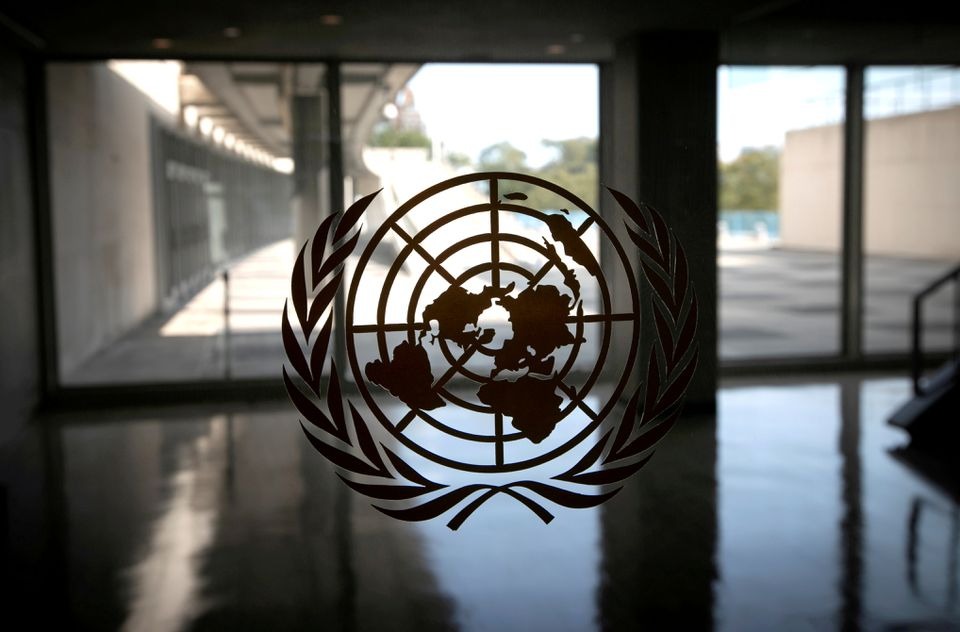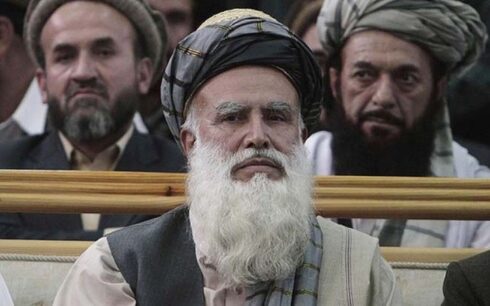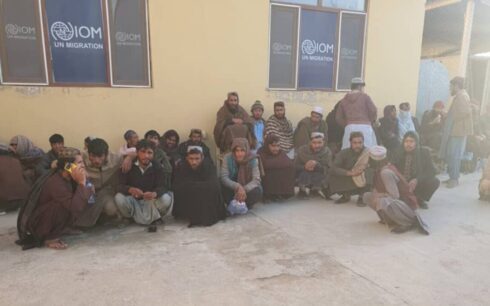A United Nations spokesman condemned the Taliban leader’s approval of punitive measures against women, including public stonings and beatings, as “extremely disheartening” on Monday.
The critique came in response to an audio recording purportedly from Taliban Supreme Leader Hibatullah Akhundzada, which advocated for the continuation of the group’s struggle against Western influences and the enforcement of severe punishments against women.
“We’ve been consistently expressing our concerns about the mistreatment of women under the Taliban’s rule. We have called for the revocation of these decrees, aiming to safeguard women’s rights in Afghanistan and worldwide,” Farhan Haq, a UN spokesman, remarked.
The leaked audio has stirred apprehensions among Afghan women, who fear further erosion of their rights. “The perspective of Hibatullah will only deteriorate the condition of women in Afghanistan,” said a disheartened group of women reacting to the recording.
Nazila Jamshidi, a prominent women’s rights advocate, called for a unified global response against the Taliban’s policies. “United Nations member countries need to apply coherent and unified economic, political, and diplomatic pressure on the Taliban. Only through a collective approach can we prevent such regimes from gaining strength in Afghanistan,” Jamshidi stated.
Women’s rights groups and activists warned that Akhundzada’s statements could embolden extremist followers to harshly enforce Sharia law, interpreting his words as a mandate for increased violence against women. “The soldiers, more primitive than their leader, see his words as law, striving to outdo each other in their implementation. This creates a dangerous environment where committing more crimes is seen as a way to gain approval,” expressed Hamida Lisani, another women’s rights activist.
The United Nations has reported numerous executions under Taliban rule, with at least three instances in February endorsed by Akhundzada himself.
Kabul resident Tamana voiced the collective despair of Afghan women, questioning the justification for such extreme measures. “Why are women being whipped and stoned? It’s not enough that we’re limited and humiliated; we’re also deprived of our rights to work, face numerous restrictions, and can’t even leave our houses without facing potential detention,” she said.
The stance of the Taliban leader has drawn criticism from former Afghan officials as well. Rahmatullah Nabil noted the paradox of the Taliban benefiting from Western aid while adhering to such regressive policies. Similarly, Rangin Dadfar Spanta emphasized the futility of expecting a shift towards a universal government or harboring any illusions about the group’s governance.





